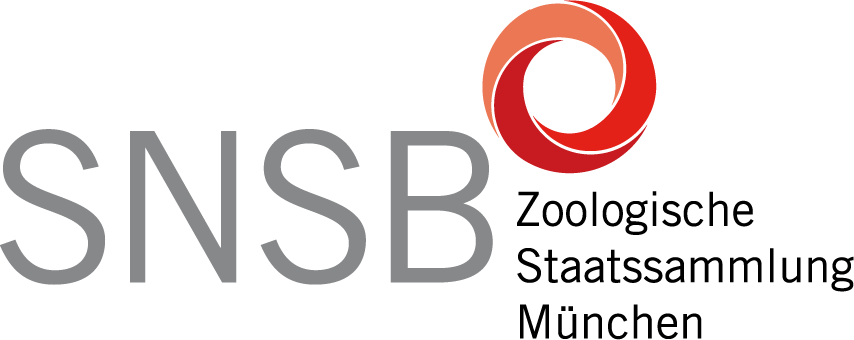European Commission Recognition of CETAF Code of Conduct and Best Practice on Access and Benefit Sharing (ABS)
DNFS and CETAF
We are proud to announce that the CETAF Code of Conduct on Access and Benefit Sharing has just been officially recognised as the first best practice on ABS by the European Commission.
The CETAF Code of Conduct (CoC) was submitted officially for recognition as best practice to the EU under Article 8 of the Regulation on ABS no. 511/2014. After a prolonged process where the European Commission, Member States and other actors helped improving the document, the European Commission on 10 May 2019 with decision C(2019)3380/F1 of the European Commission DG ENV formally recognised CETAFs CoC and placed it in the Register of Best Practices as the first and currently only entry.
Meeting ABS requirements has become a shared responsibility and biodiversity researchers need to equip themselves with appropriate tools for addressing compliance with current ABS regulations. Therefore, CETAF has been working since 2012 on developing guidelines for users of genetic resources to tackle a challenging landscape derived from a diverse set of legislative measures.
Following publication of the EU Regulation on ABS and in response to Article 20 in the Nagoya Protocol to the Convention on Biological Diversity (CBD), CETAF produced a Code of Conduct and Best Practices on Access and Benefit-Sharing that was adopted in 2015 by its community of Natural History Museums and Botanic Gardens. CETAF member institutions thus committed themselves to this Code of Conduct designed to fully support the institutional operations as collection-holding and non-commercial biological research organizations.
The CoC and Best Practices provides an overall framework to guide practitioners and researchers within the CETAF scientific community, and beyond, in their daily work. Being recognized by the EC as a “best practice” credits the procedures and mechanisms developed to help CETAF-related scientists in their use of genetic resources and furnishes researchers with the appropriate tools to stay compliant with the obligations of the EU ABS Regulation. It protects the ability of non-commercial biodiversity science and promotes the sharing of the benefits that the Nagoya Protocol is set up to facilitate.
The CETAF Member Institutions are pleased to share this huge achievement in its aim to promote fair research partnerships worldwide in the implementation of the Nagoya Protocol.
More information on the CETAF website:
https://cetaf.org/services/natural-science-collections-and-access-and-benefit-sharing
If you need more details about the CETAF Code of Conduct, please contact:
Ana Casino ana.casino@cetaf.org (english), Excecutive Director CETAF
Dirk Neumann neumann@snsb.de (deutsch), SNSB (www.snsb.de, www.zsm.mwn.de)

